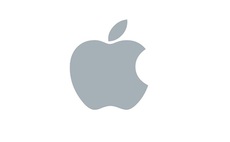Central government, local council and NHS join for forces to negotiate software licences
Hot on the heels of earlier deals this year with Oracle and Capgemini, the government has announced that new deals with Microsoft and SAP should save taxpayers as much as £70m by 2015. The negot...
To continue reading this article...
Join Computing
- Unlimited access to real-time news, analysis and opinion from the technology industry
- Receive important and breaking news in our daily newsletter
- Be the first to hear about our events and awards programmes
- Join live member only interviews with IT leaders at the ‘IT Lounge’; your chance to ask your burning tech questions and have them answered
- Access to the Computing Delta hub providing market intelligence and research
- Receive our members-only newsletter with exclusive opinion pieces from senior IT Leaders






















